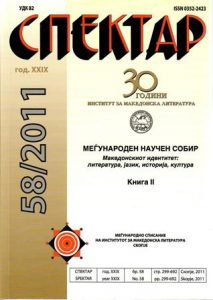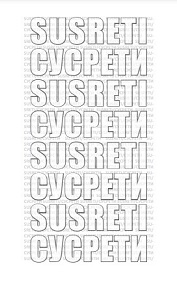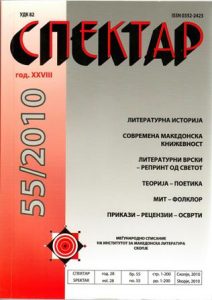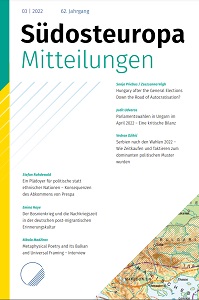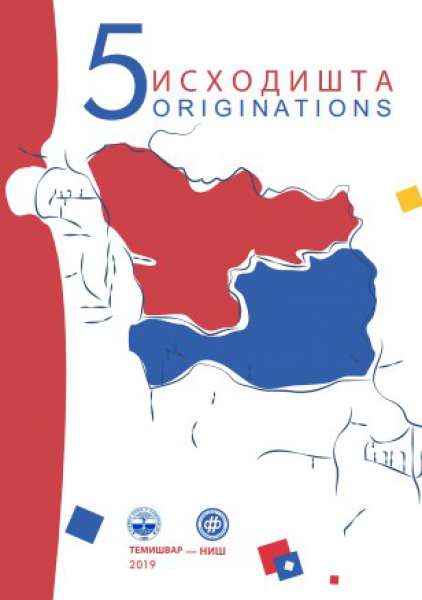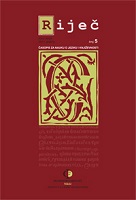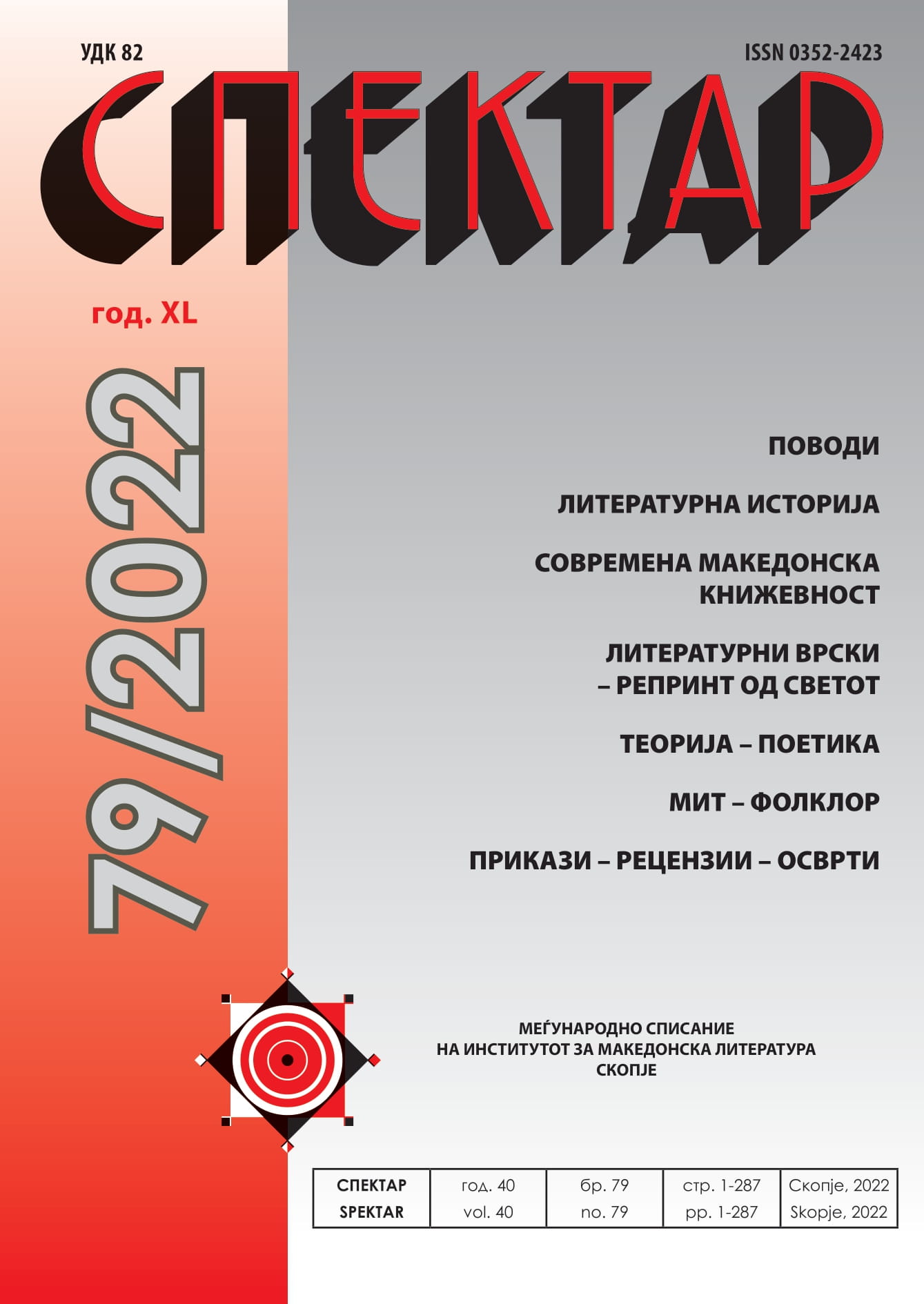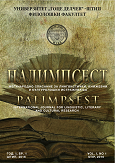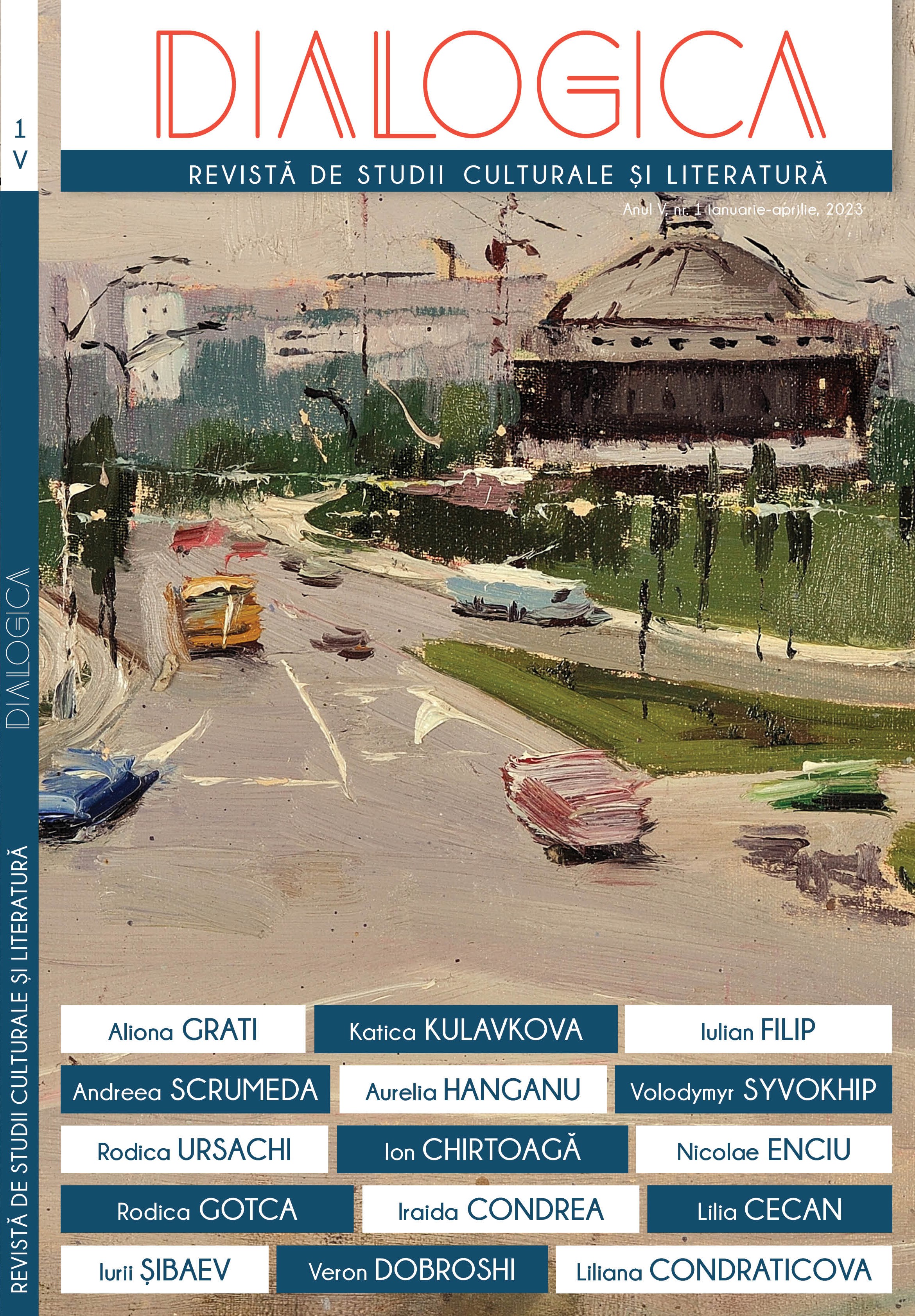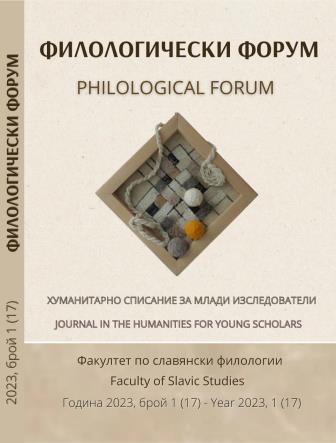Author(s): Nataša Avramovska / Language(s): Macedonian
Issue: 55/2010
The analysis of the dramatic diptych by Georgi Stalev, Bolen Dojchin and
Angelina [personal names, in translation as: The Sick Dojchin and Angelina],
examines the chain of tragic guilt which binds all of the involved participants: the
sister, the brother, his brethren, through an unbreakable bond, of their seeming
umbilical connectivity, while seen through the prism of the always, once again,
present shadow of the character of Crna Arapina [The Black Arab] – already
staged in the offense. In the represented world of these plays his Blackness/The
Black Arab becomes the meaning of the darkness of the psychic unconscious,
which is actualized in the process of the individuation of the titular heroes: Dojchin and Angelina (otherwise known throughout the Balkans’ folklore as Bolen Dojchin and Lepa Angelina [The Sick Dojchin and The Beautiful Angelina]). The various mythic and historic actualizations of the universal matrix of the Black, while being confronted with the White, afford the plurality of the knowledge-based contextualizations which are found in some occurrences of this triadic figure. Following the spirit of the Jungian tradition, to delineate the concrete archetypal representations (images and ideas) against the archetype-as-it-is, whose symbolism eludes any attempt of pigeonholing, therefore, this reading of the dramatic contextualization of the triadic figure of The Black Arab, The Sick Dojchin and The Beautiful Angelina contains a degree of ambiguity. On the one hand, it allows for an interpretation of the character of The Black Arab as a personified archetype, The Shadow, particularly in relationship to the given titular hero, Bolen Dojchin. At this level of interpretation The Black Arab is the pitch-black mirror of the personal unconscious of the brother Dojchin. In the first of the two plays, he, when faced with the threat of the impeding darkness, faces up to The Black Arab as if
facing up to one’s self. On the other hand, concurrently, the magic of the repetition of the paralytic triadic encounter in the confrontation, originally in the first play, then also in the second one, once again, as in the past, as in the future, allows for a dramatic confrontation which is immanent to the triadic figure, through its repetition, to be interpreted also as a typical situation which points to an archetype of transformation with universal symbolism. The dramatic world created by Stalev in this diptych allows for the two interpretations. The former, at the level of each play viewed separately, the latter, at the level of the common knowledge-based denominator of the diptych’s potential, which includes, that is to say, accentuates the repetition, a typical situation of crisis which ushers in the transformation.
More...
